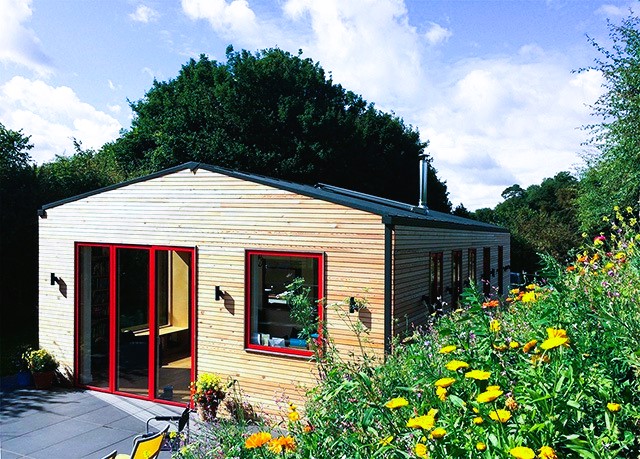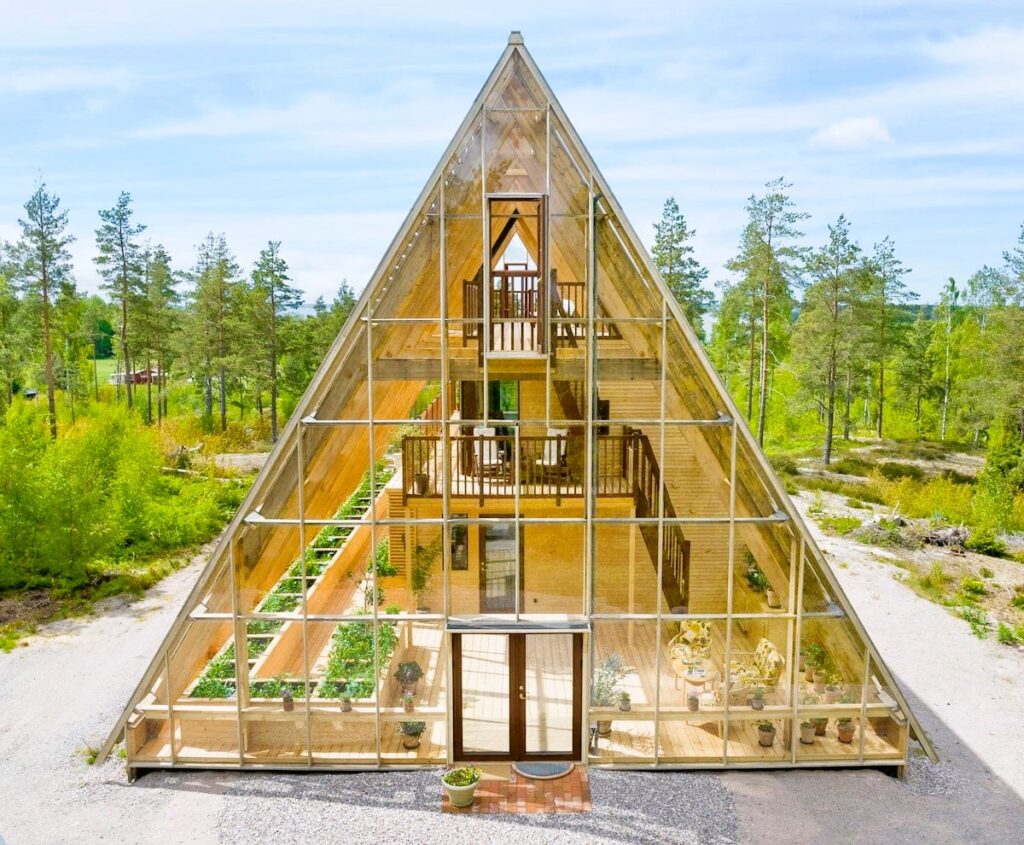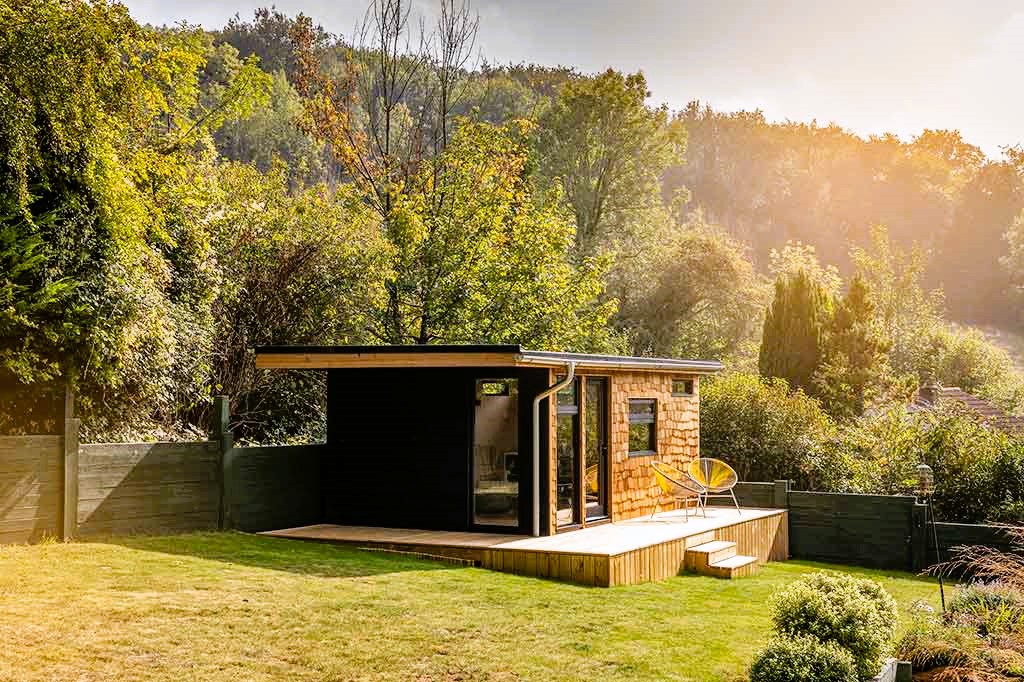In a world increasingly driven by modern conveniences and urban living, the allure of off-grid living has never been stronger. Building a self-sufficient cottage offers a unique opportunity to escape the trappings of city life and immerse yourself in the tranquility of nature. In this article, we’ll explore the concept of off-grid living, its advantages, challenges, and essential considerations for constructing a self-sufficient cottage that can thrive independently of the grid.
Understanding Off-Grid Living
Off-grid living involves creating a lifestyle that relies minimally, if at all, on public utilities such as electricity, water supply, and sewage systems. Instead, off-grid dwellings generate their own power, harvest their water, and manage waste independently. The primary goals of off-grid living are self-sufficiency, sustainability, and reduced environmental impact.
Advantages of Off-Grid Living
1. Independence and Self-Sufficiency
Off-grid living provides a sense of independence and self-sufficiency that is difficult to achieve in urban environments. You have control over your essential resources, reducing dependence on external providers.
2. Environmental Sustainability

Off-grid cottages often prioritize sustainability. Solar panels, wind turbines, and other renewable energy sources generate power without relying on fossil fuels, reducing carbon emissions and environmental impact.
3. Financial Freedom
Once the initial investment is made, off-grid living can lead to long-term financial savings. Reduced utility bills and the potential to generate excess power for sale back to the grid can contribute to financial freedom.
4. Connection to Nature
Living off-grid allows you to connect with and appreciate the natural world on a daily basis. It offers a sense of tranquility and closeness to nature that urban living often lacks. Adding a guest cottage, in more detail in our article.
Challenges of Off-Grid Living
1. Initial Costs
The upfront costs of setting up an off-grid system can be significant. Solar panels, wind turbines, water harvesting systems, and other infrastructure require an initial investment that may take years to recoup through savings.
2. Maintenance
Off-grid systems require regular maintenance to ensure they operate efficiently. Batteries, solar panels, and other components may need occasional servicing or replacement.
3. Resource Management
Managing essential resources like water and power can be challenging. Careful monitoring and conservation are necessary to ensure a consistent supply.
4. Limited Amenities
Off-grid living often means forgoing certain amenities and conveniences that are readily available in urban areas. Internet connectivity, for example, may be limited.
Essential Considerations for Building a Self-Sufficient Cottage
1. Location and Resources
Select a cottage location with access to essential resources such as sunlight for solar panels, wind for turbines, and a reliable water source. Conduct feasibility studies to assess the availability of these resources.
2. Energy Generation
Invest in renewable energy sources like solar panels, wind turbines, or micro-hydro systems to generate electricity. Battery storage is crucial for storing excess energy for use during cloudy or windless periods.
3. Water Harvesting and Treatment
Implement a rainwater harvesting system to collect and treat water for consumption. Water filtration and purification systems are essential for ensuring a safe and sustainable water supply.
4. Waste Management
Consider composting toilets, greywater recycling, and other environmentally friendly waste management solutions to minimize the environmental impact of waste disposal.
5. Efficient Appliances and Fixtures
Choose energy-efficient appliances, LED lighting, and low-flow fixtures to reduce energy and water consumption.
6. Emergency Backup Systems

Install backup power systems, such as generators or additional battery capacity, to ensure a continuous power supply during extended periods of low energy generation.
7. Legal and Regulatory Compliance
Check local regulations and permits related to off-grid living and cottage construction. Ensure that your off-grid systems comply with safety and environmental standards.
Exploring Canadian Off-Grid Living Standards
Canada, with its vast and diverse landscapes, offers numerous opportunities for off-grid living. The country has well-established standards and regulations related to sustainable and off-grid construction. To learn more about off-grid living standards in Canada, you can refer to the official website of the Government of Canada.
In conclusion, building a self-sufficient cottage for off-grid living is a rewarding and sustainable choice that allows you to embrace the beauty of nature while minimizing your environmental impact. By carefully considering your location, resources, and infrastructure, you can create a cottage that offers both comfort and independence, providing a true retreat from the modern world.

